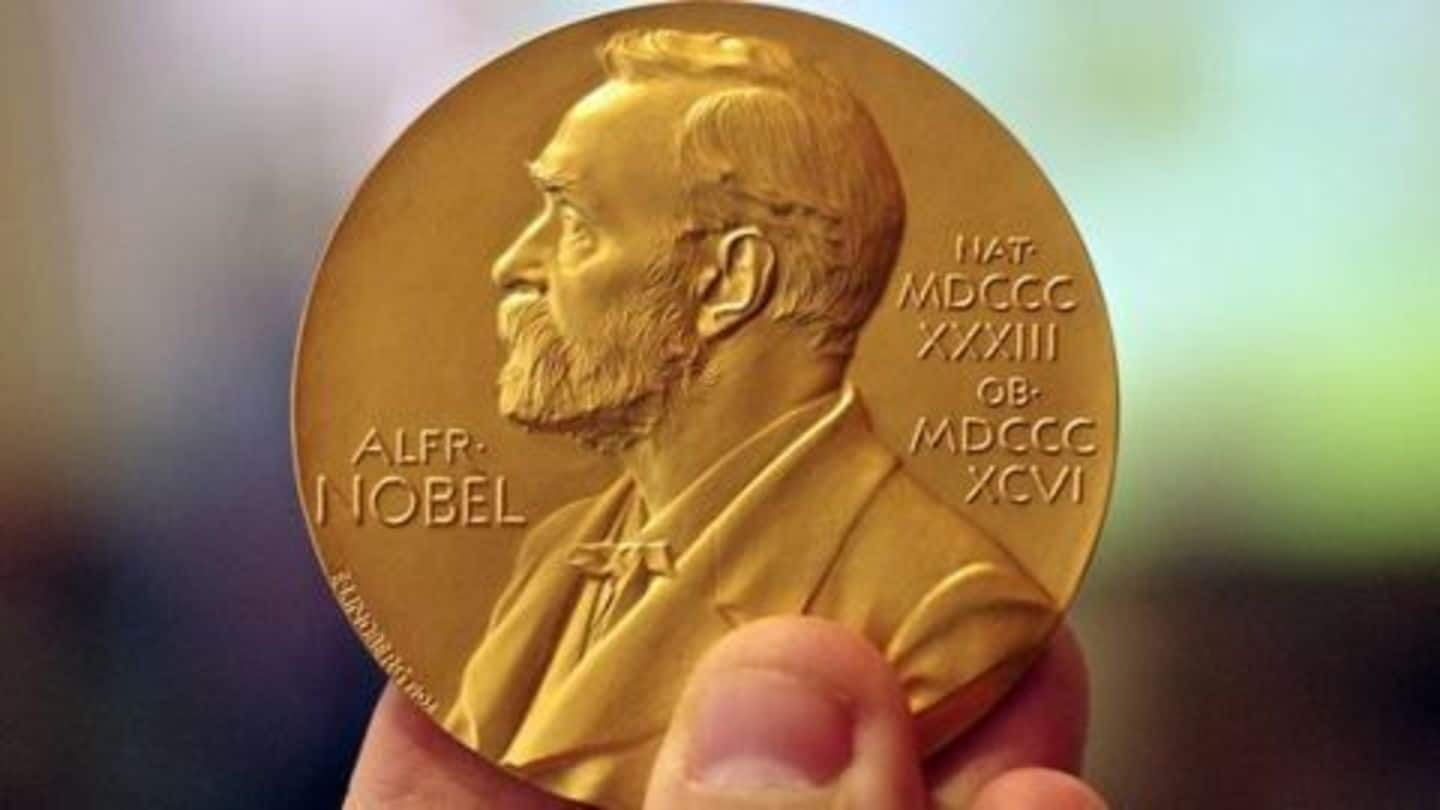
Nobel Prize in Physics received by 3 British scientists
What's the story
Three British scientists, David Thouless, Duncan Haldane and Michael Kosterlitz won the 2016 Nobel Prize for Physics for their work on exotic states of matter and will share the 8m Swedish kronor prize.
It is said that it may make way for quantum computers and revolutionary technologies.
They received credit for their work (theoretical) on "topological phase transitions and topological phases of matter."
Background
The Nobel Prize in Physics
The Royal Swedish Academy of Sciences awards the Nobel Prize in Physics to those who make outstanding contributions for mankind in the field of physics.
German physicist Wilhelm Röntgen was the first winner of the Nobel Prize in Physics; he was awarded for his discovery of X-rays.
Widely considered as the most prestigious award for a scientist, it is presented by the Nobel Foundation.
Data
Number of awards given out
Until 2015, a total of 200 people have received the Nobel Prize in Physics.
Personal
Winners of the 2016 Nobel Prize in Physics
David Thouless, 82 years old, was born in Bearsden in Scotland and received half of the prize. Duncan Haldane, 65 years old and born in London and Michael Kosterliz, 74 years old and born in Aberdeen will share the other half of the prize.
Information
Topology and Phase transitions
Topology explains why electrical conductivity inside thin layers changes in integer steps.
Kosterlitz and Thouless studied the electrical behaviour of the insides of very thin layers that can be considered 2-dimensional.
Haldane studied matter that forms thin threads that they can be considered one-dimensional.
With their discovery now, scientists would work on novel and exotic phases of matter.
Quote
Reaction
Steve Bramwell, a physics professor at the London Centre for Nanotechnology said, "The breakthroughs of these three scientists allowed massive progress to be made in understanding and calculating the properties of many material systems. I'm sure this prize will be cheered in many quarters!"